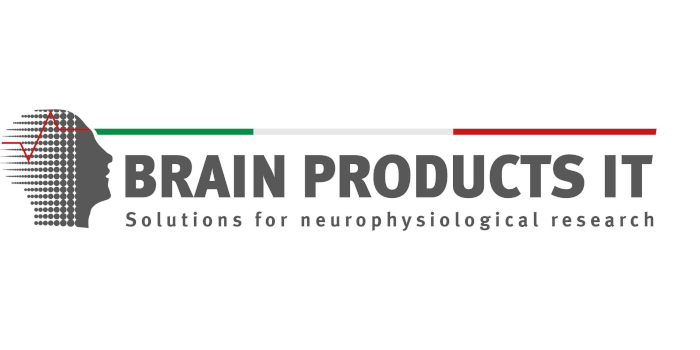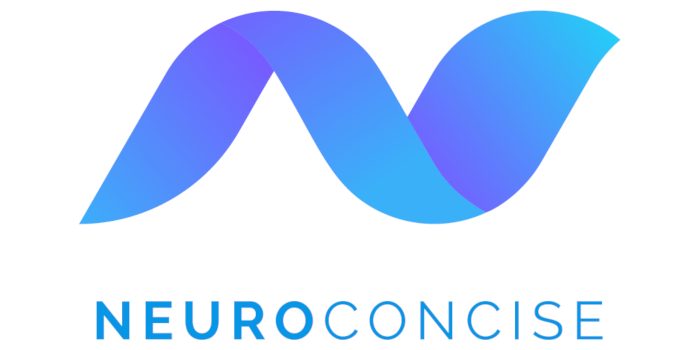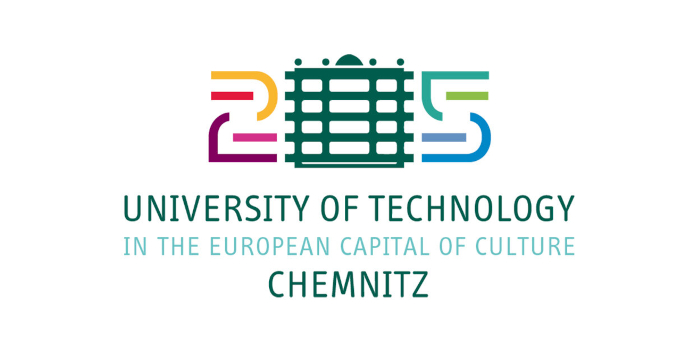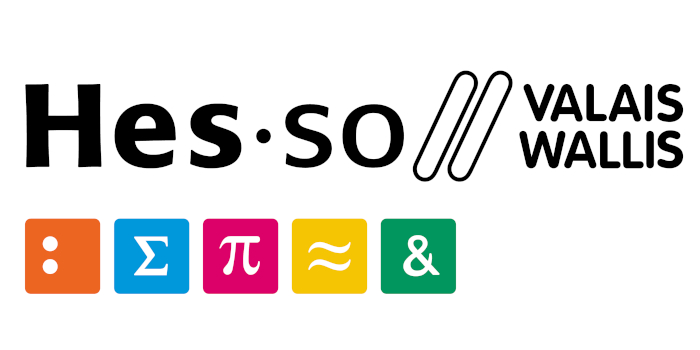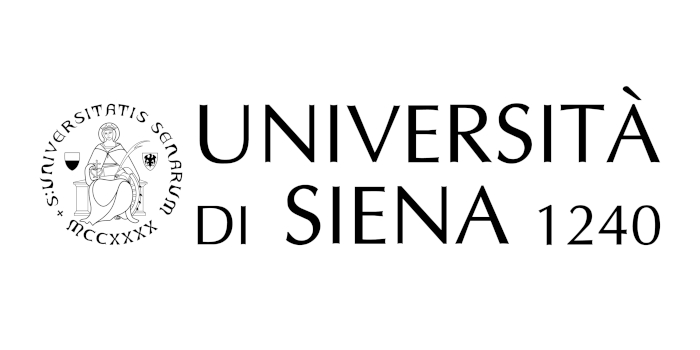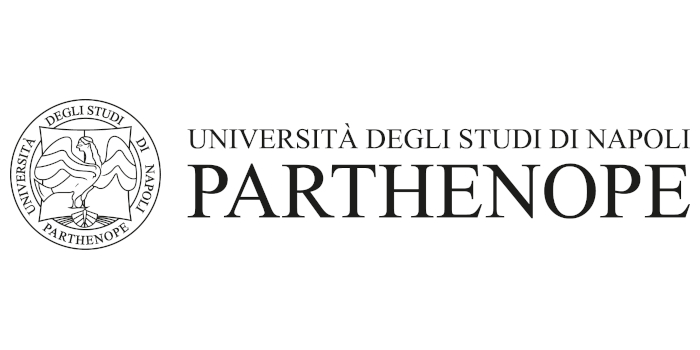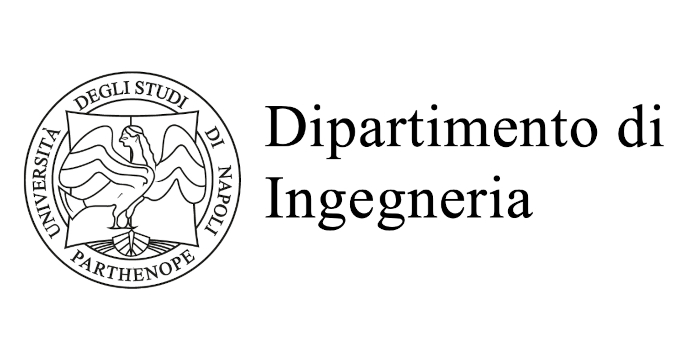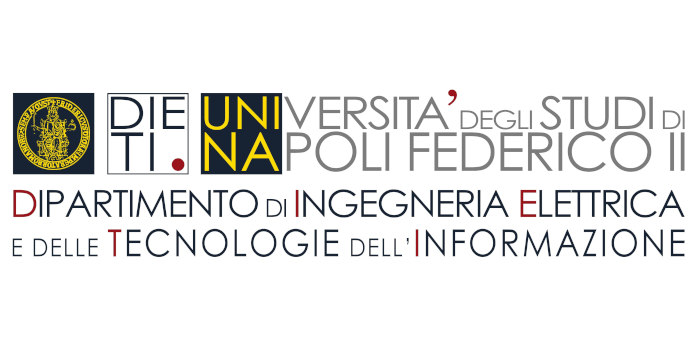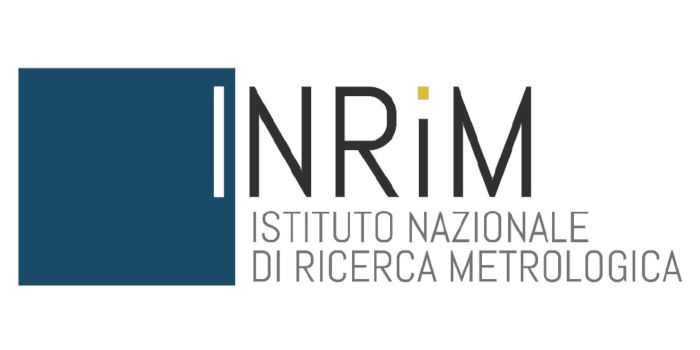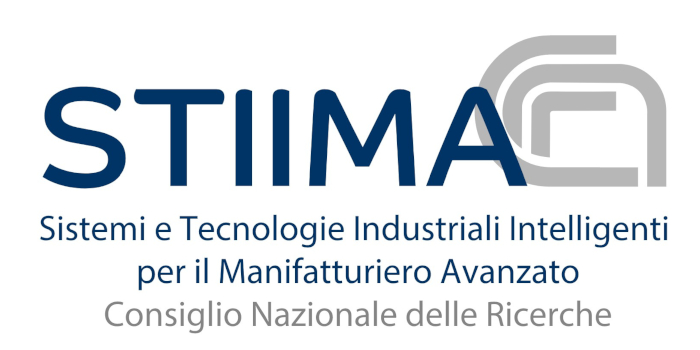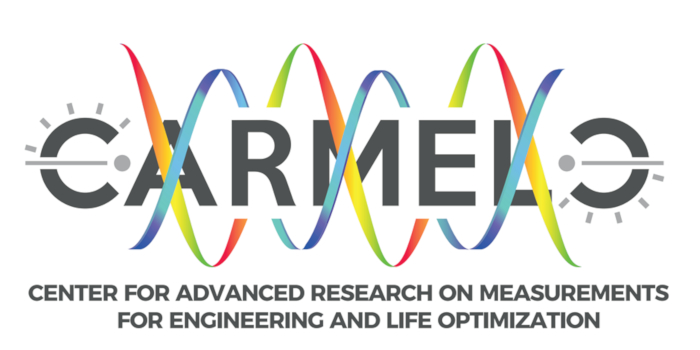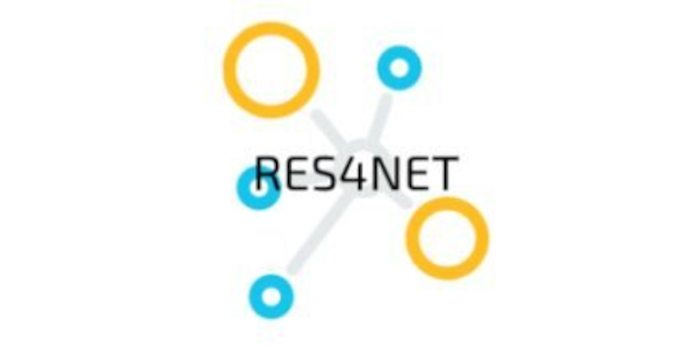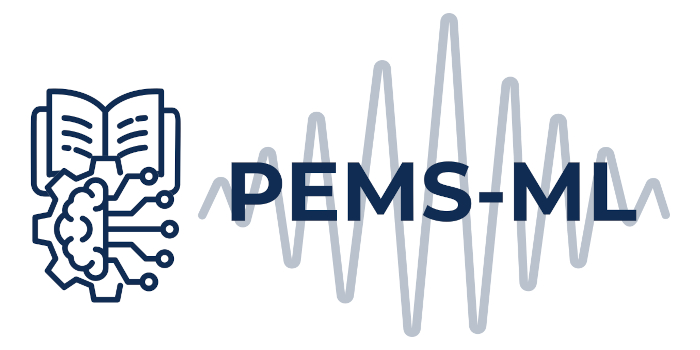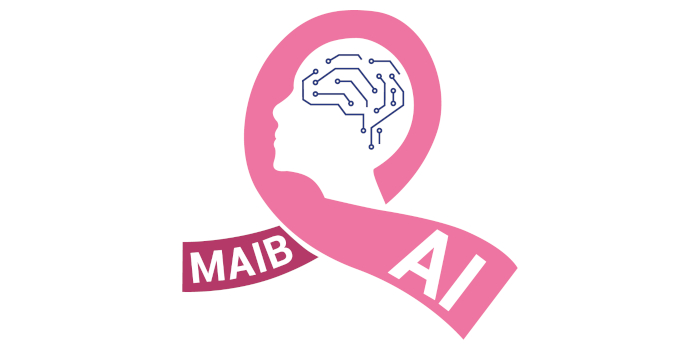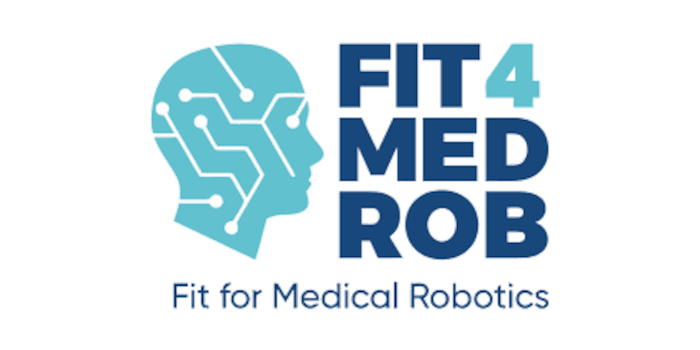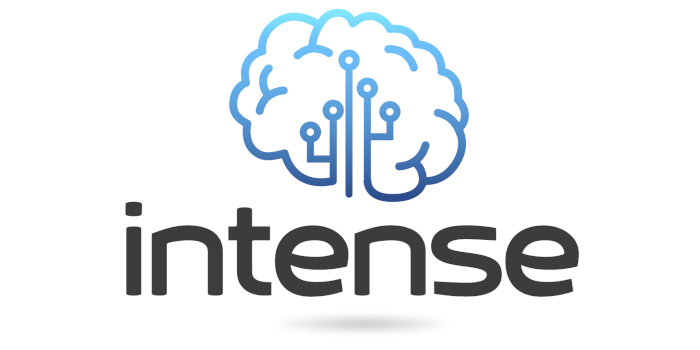THEMATIC SESSION #4
Sensors, Extended Reality and Artificial Intelligence for Human Behavior Analysis
ORGANIZED BY
Andrea Zingoni
University of Tuscia, Italy
Juri Taborri
University of Tuscia, Italy
Enrique Yeguas Bolívar
University of Córdoba, Spain
ABSTRACT
Analyzing human behavior, both from a physical and a psychological point of view, is at the base of important tasks like improving health monitoring, understanding and imitating people actions, forecasting performances, and providing equal opportunities. Jointly with the advances in the quality of biometric sensors, modern digital tools, as extended reality (XR) and artificial intelligence (AI), have given a significant booster to data collection and analysis in this field and occupy a prominent position among the research frontiers.
This Special Session aims at discussing all the aspects related to the use of sensors and to the application of XR and AI techniques for the analysis of human behavior, ranging from the innovative measurement devices and methodologies to the novel approaches for data collection and fusion, to the improvements in pattern recognition and in pathologies and disorders detection, to the assessment and forecasting of physical and psychological performance, to the deep understanding of humans' characteristics etc. In addition, space will be given to those topics that can benefit significantly from human behavior analysis (inclusivity, gender analysis, human machine interaction etc.), to offer a highly interdisciplinary point of view.
TOPICS
The list of topics includes (but it is not limited to) the following:
- Artificial intelligence for biosignal analysis
- Virtual and augmented reality for human behavior data collection
- Human performance analysis through artificial intelligence
- Pattern recognition and anomaly detection in human behavior
- Extended reality and artificial intelligence for inclusivity
- Innovative sensors for physical and psychological assessments
- Data fusion aspects
- Methodologies and technologies for gender analysis
- Human-machine interaction
- Wearable sensors
- Non-invasive measurements
- Sensitive data protection
ABOUT THE ORGANIZERS
Andrea Zingoni is a Researcher in Computer Science at the Department of Economics, Engineering, Business and Society of the University of Tuscia (Viterbo, Italy), where he also teaches “Computer Science” and “Fundamental of Artificial Intelligence”.
He received the Master’s Degree in Telecommunication Engineering and the PhD in Information Engineering at the University of Pisa (Pisa, Italy).
Currently, he coordinates the Research Group in Computer Science of his Department that, in the last three years, has been involved in more than fifteen projects, both at a national and an international level, in partnership with other research centers, private companies and public administrations.
Among his main research interests there are: artificial intelligence, extended reality, image processing, remote sensing, blockchain technologies, cybersecurity, numerical signal processing, and electro-optical sensors, often framed within interdisciplinary contexts that encompass the areas of Education and Inclusion, Biomedicine, Nuclear Fusion, Sports, Economics, and Finance, and much more.
He is also cofounder of the University of Tuscia spinoff “Tech4all”, whose mission is to design, develop and spread digital applications for Education and Inclusion.
Juri Taborri is an Assistant Professor in mechanical and thermal measurements at University of Tuscia in Viterbo, Italy. He received the master’s degree cum laude in biomedical engineering from the Sapienza University of Rome, Italy, in 2014. He received the PhD in Industrial and Management Engineering in 2017 with a thesis focused on novel solutions for human motion analyses performed through wearable sensors. His research interests include biomechanical measurements, validation and metrological characterization of innovative sensor systems, electromyography and muscle synergies, machine-learning algorithms for human motion identification and control of robotic devices for rehabilitation. He is invo lved in several national and international projects focused on the application of artificial intelligence for physical and psychological assessments of humans.
Enrique Yeguas-Bolivar is an Associate Professor in the Department of Computer Science and a member of the Computer Vision Applications research group at the University of Córdoba, Spain. He received his Master's degree and PhD in Computer Science from the University of Granada. His main research areas include computer graphics, augmented and virtual reality, and artificial intelligence, approached from an interdisciplinary perspective, encompassing fields such as education, health, tourism, and psychology. He has authored high-quality contributions to artificial intelligence and computer vision, as well as virtual reality software, published in international journals indexed in the JCR. He is actively involved in several local, regional, national, and European research projects focused on virtual and augmented reality, computer vision, and artificial intelligence, aimed at building a more inclusive world.





